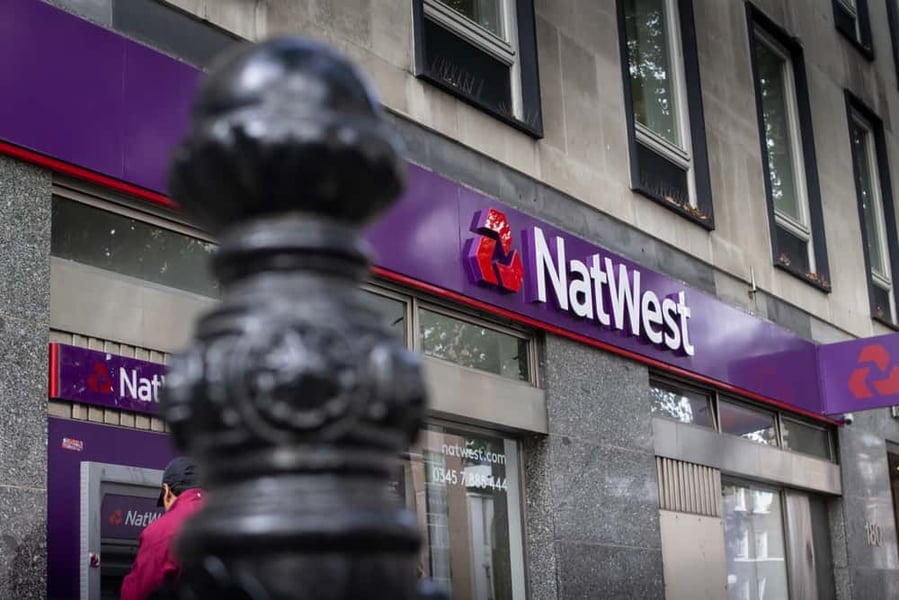The case has now been referred to the Southwark Crown Court for sentencing.

National Westminster Bank Plc (NatWest) has entered guilty pleas at Westminster Magistrates’ Court to criminal charges brought by the Financial Conduct Authority (FCA) under the Money Laundering Regulations 2007 (MLR 2007).
NatWest accepted that it failed to comply with regulation 8(1) between 7 November 2013 and 23 June 2016, and regulations 8(3) and 14(1) between 8 November 2012 and 23 June 2016 under MLR 2007, in relation to the accounts of a UK incorporated customer.
These regulations require certain firms, including those regulated by the FCA, to ensure they have adequate anti-money laundering (AML) systems and controls to prevent money laundering.
The case has now been referred to the Southwark Crown Court for sentencing.
This is the first criminal prosecution under the MLR 2007 by the FCA and no individuals are being charged as part of these proceedings.
John Dobson, chief executive of SmartSearch, said: “To have a bank the size of NatWest pleading guilty to money laundering charges is unprecedented, and hopefully will be a wake-up call for the industry.
“Change is long overdue. Despite tools being readily available to prevent this illegal activity, currently 99% of ill-gotten gains are successfully laundered by criminals, and regulated businesses need to do much more to prevent this.
“If the moral obligation to stop terrorists, drug smugglers and sex traffickers legitimising their money isn’t enough motivation, through this case the FCA has shown it is willing to severely punish those who don’t take their responsibilities seriously.
“While the fine hasn’t been announced, it is almost certain to be more than the £400m that NatWest allowed to be laundered through it’s systems.
“To genuinely prevent money laundering, regulated businesses need to be much more proactive in doing away with outdated systems and methods of ID verification, and invest in technology that is fit for purpose.
“The tech has long been available to quickly and efficiently verify customers and prevent this type of activity, banks just need to adopt it. Without disrupting the customers’ experience, this software will flag the cases that need further attention and save the banks time and effort.
“Banks can get set-up quickly and easily, so there is no excuse for them not to shore-up their anti-money laundering defences.”



